Guy Adams has already had to shut his hotel restaurant this season. He now fears, that without reductions to currently quoted energy prices, the whole premises may have to close for a year.
He and wife Teresa Jenkins have run the Isle of Barra Beach Hotel for 16 years, but have struggled to get staff since Brexit.
Normally around 50-60 people respond to job adverts, but the latest vacancy in February did not attract a single applicant.
The closure of the restaurant drastically affected takings in the bar at the same time as costs are rising.
A projected increase saw the hotel’s electricity costs rise from a budget figure of around £25,000 a year to £120,000, although the prime minister’s intervention may reduce that.
“That’s a potential 377% rise. If we increased room rates by that amount we wouldn’t sell any.
Is it feasible to continue?
“We now have to look at whether it’s feasible to continue, or do we just close down for a year and see what happens.
“That may be the cheapest way to get through it.”
Current uncertainty over costs mean he is unable to quote firm prices for the 2023 season to potential visitors.
“When people phone to book for next year we presently can’t quote a firm price for 2023 because we don’t know what our energy and other supplier’s costs are going to be.”
The story is familiar among business people across the Highlands and Islands.
The Federation of Small Businesses (FSB) warns that mounting costs, shortages of staff and materials, and cash-strapped consumers means the situation will get worse before it gets better.
It fears parts of the region risk becoming “glorified retirement communities” without assistance.
Sally Lessi closed the restaurant she and her late husband ran for 20 years when the problems of managing the popular business outgrew the benefits.
The Anchorage restaurant in Leverburgh had built up a solid reputation, but ultimately Sally felt she had no option but to convert the premises into self-catering premises.
“It’s a major loss to Harris, but I simply couldn’t go on.”
Staff shortages meant she could not provide an ideal service, leading to customer complaints and bad Tripadvisor reviews.
Rising costs are also taking their toll: “Even last year costs were going through the roof and I had to start repaying bounce back loans. It’s far worse now.”
And there is the uncertainty over ferry travel to the islands: “It really makes one wonder if it’s worth trying to run a business in the Western Isles at all anymore.”
Call for support for key workers
Sam Faircliff, managing director of the Cairngorm Brewery, would like to see support for key workers to get affordable housing in rural areas.
The Winking Owl bar and restaurant in Aviemore, owned by the brewery, is one of a number of similar businesses having to close on Mondays and Tuesdays due to lack of staff.
“To have a peak season in July and August where we could only open five days a week was heartbreaking.
“It’s so unfortunate we can’t open seven days because of a shortage of people who already live here and it’s impossible to get staff to move to the area because they can’t find anywhere to stay.”
She said many people have accepted jobs then turn them down as they can’t find affordable accommodation.
“When there are properties for sale, they are also of a size that people looking for holiday homes want. That is what local people are up against.”
She said a system where key workers, including those in hospitality, can acquire points towards being allocated suitable accommodation would help when prices are prohibitive.
“These are workers looking to settle with families in areas where tourism is vital to rural communities.”
Fiona Campbell Trevor, co-owner of the Eddrachilles Hotel in West Sutherland, said EU workers have disappeared since Brexit.
It was one of the first three hotels in Scotland to be fully accredited by the Living Wage Foundation.
“However, add staffing shortages to the sudden massive increases in costs that we are all facing, and being a hotelier in the North West Highlands is an uphill struggle.”
The FSB believes more than a few stormy years lie ahead due to the underlying, long-term problem of an ageing and declining population.
Businesses and communities ‘feed off each other’
Population has fallen, and predicted to fall further, in parts of the region, most notably in the Outer Hebrides, Caithness and Sutherland and Argyll and the islands.
These areas are earmarked as potential repopulation zones, to be targeted for coordinated help with issues such as affordable housing, inadequate infrastructure and lack of jobs.
“Vibrant businesses create vibrant communities, and the two need each other to work properly – they feed off each other symbiotically”, says David Richardson, FSB’s Highlands and Islands development manager.
“Simply put, if we want thriving communities with balanced populations and the sound of children’s voices ringing out as they play, then we need thriving businesses.
“The alternative is glorified retirement communities, many shrinking in size every year.”
Staff shortages are holding back many businesses, as successive FSB surveys have shown. Last year it was an issue for almost half (47%) across the Highlands and Islands.
Earlier this year a study by The Mull and Iona Community Trust said housing is needed for at least 260 staff across the islands which is hampering the economy.
Research by SkyeConnect showed between 1,300-1,700 job vacancies in Skye are going unfilled because workers can’t find accommodation.
And a Lochaber Chamber of Commerce survey found 66% of businesses have experienced problems in recruiting or retaining staff.
Previously, EU workers helped fill vacancies – a 2017 FSB survey showed 41% of Highland employers had at least one EU worker – but that source has largely evaporated.
The federation has called for a range of measures including reversing the rise in National Insurance, cutting VAT – especially on non-domestic energy – and fuel duty.
It says any unspent Covid support should be re-allocated to help businesses this winter.
Where should money be spent?
According to an Audit Scotland report, some pandemic funding remains unspent. At the end of 2020/21 more than £2 billion was added to reserves by the Scottish Government and councils but it is not possible to say how much of that is from Covid-19 funding.
Mr Richardson said: “If the money was allocated to specific support packages and not spent, and there is no real prospect of it being spent on its original purpose, then we argue that it should be used now to support businesses over the long winter ahead.”
He wants money invested in affordable housing, public transport, roads and digital and money targeted to disadvantaged rural areas, rather than more prosperous areas like Inverness.
“Inverness might be the economic powerhouse of the region, but it mustn’t be the only powerhouse.
“It’s about narrowing the gap between haves and have-nots, not widening it.”
A Scottish Government spokesman said it is focusing resources where they will make the biggest difference to people and businesses.
He said the 2021-22 Provisional Outturn statement shows it was fully allocated and there was no Covid business support funding underspend.
Are you interested in more exclusive and breaking Highland and Islands news from the P&J? If so, why not join our dedicated Facebook page HERE
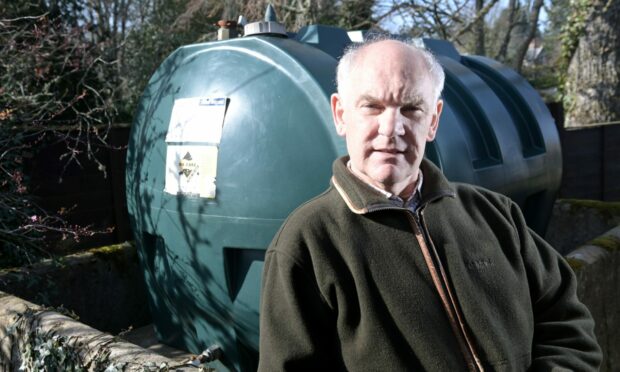
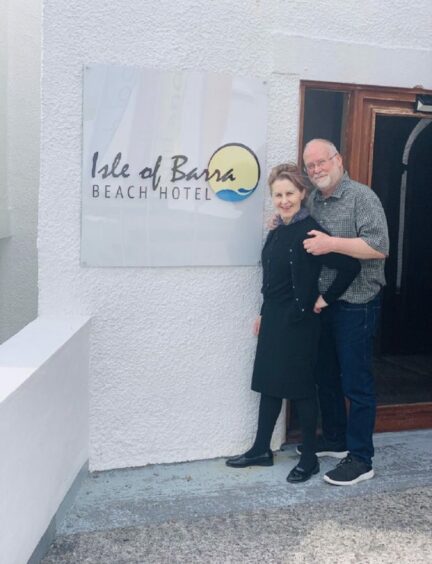
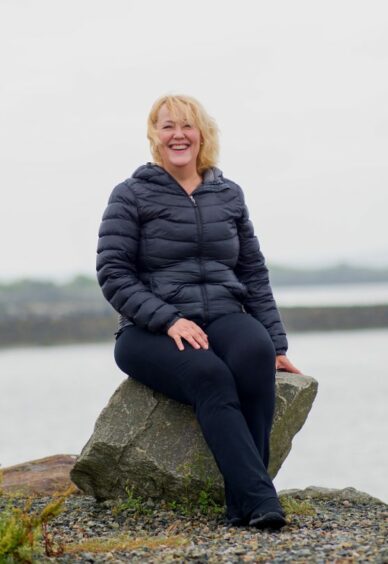
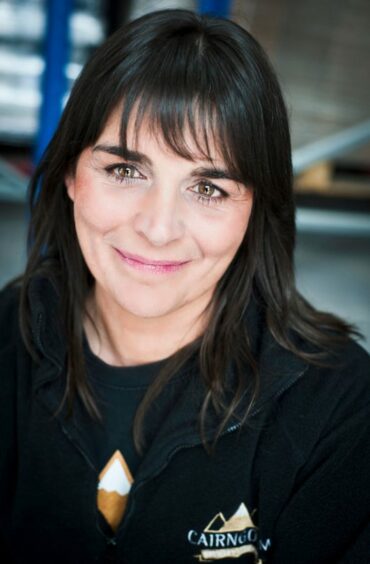
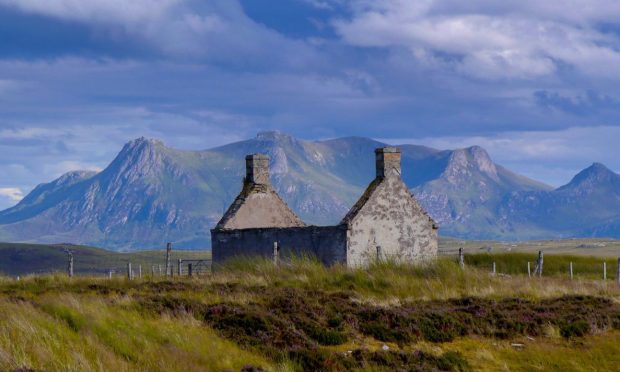
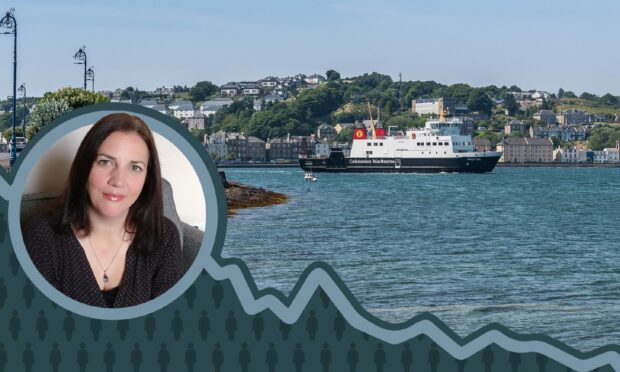

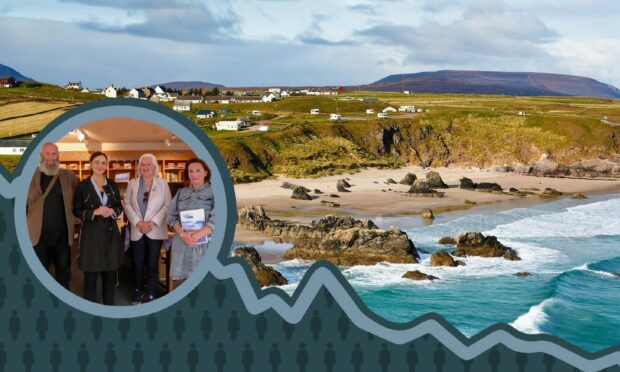
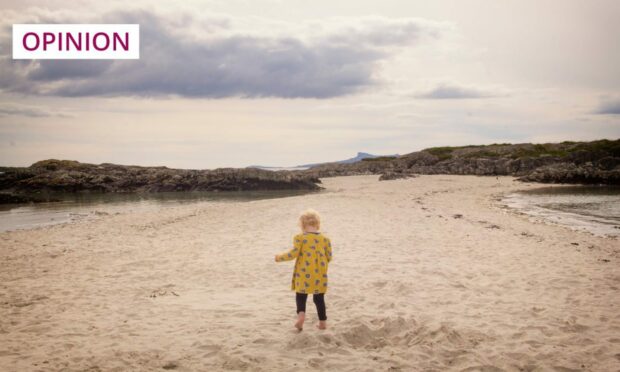
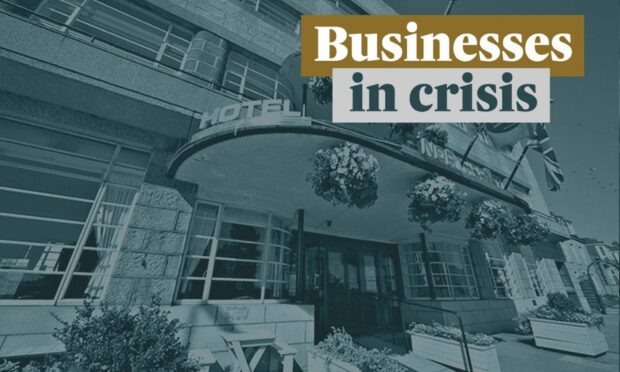

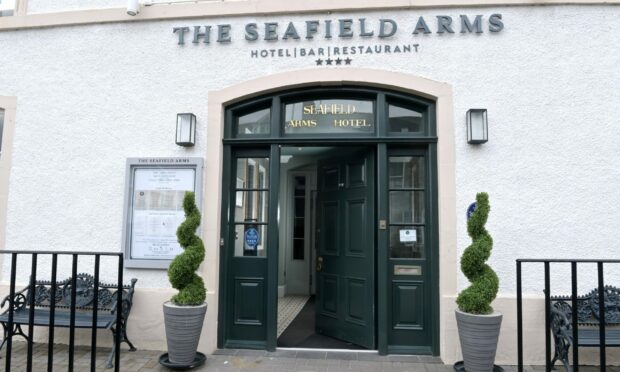
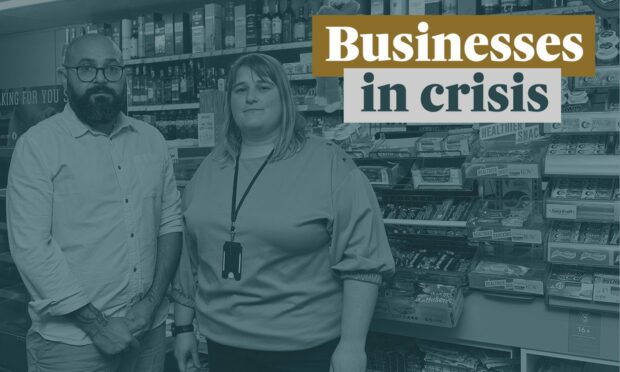
Conversation